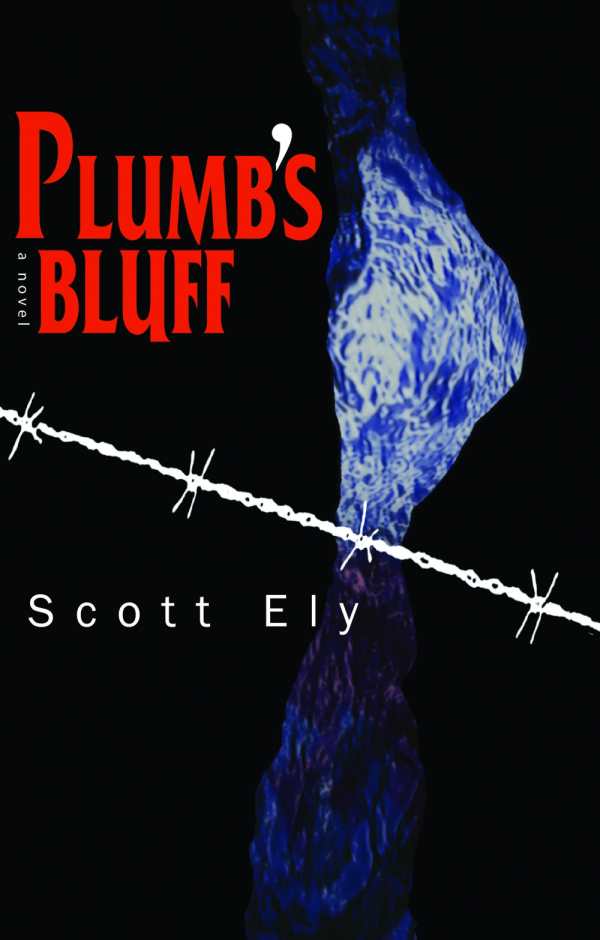Plumb's Bluff
Sunday school morality meets ice-cold realism in a heartbreaking story of grief and revenge.
This sophisticated novel of intrigue shines a revealing spotlight on the ugly consequences that occur when malevolence takes an unexpected turn. In Plumb’s Bluff, an ambitious, competitive rapids racer vows to avenge his father’s unsolved murder and packs a pistol, while a hoary preacher looks over his shoulder. Alternating between scathing depictions of a narrow-minded, sequestered town and investigative savvy, Scott Ely charges his novel with the skills of a wordsmith intent on fashioning an unforgettable piece.
Ely portrays a small community on the brink of paranoid, superstitious madness, along a river steeped in symbolic meaning and, on one unfortunate occasion, booby-trapped with barbed wire that killed Chalmers Plumb’s dad, a canoe craftsman whose design was coveted. Infused with subdued emotion in dramatic situations, Ely’s writing draws the reader into his narrative, establishing his protagonist’s goal while providing glimpses into the thoughts of supporting characters.
A motivated structure moves the players from scene to scene at a brisk pace, losing nothing in the way of description or introspection. Rich metaphors suffuse even the simplest reactions: “Again he felt that floating sensation that was now like falling, as if he’d taken his boat over a drop which turned out to have no bottom. He tried to imagine how her hair would feel against his hands.”
Though the story seems suited to action-oriented scenes, a perfect balance of deep characterization and striking visuals brings this town to lurid life. An offbeat subplot—the river rescue of a suicidal Romanian sculptress mourning her deceased lover—lends a peculiar element to this unusual tale. Romance grounded in pragmatism combats a Salem-style minister who believes the eccentric woman is evil. A witchcraft mentality in a traditional environment adds a chilling element, enhancing the ominous mood.
The sheer menace of this hostile riverbank sets the tone: “He moved slowly, pushing his way through single strands of silk spiders had spun across open spaces among the trees. He went down through a depression filled with sand the river had dumped there during the last flood.”
Menacing and provocative, this exploration of the so-called bad seed within humankind will illuminate the contradictory impulses that drive some to violence and some to love.
Reviewed by
Julia Ann Charpentier
Disclosure: This article is not an endorsement, but a review. The publisher of this book provided free copies of the book to have their book reviewed by a professional reviewer. No fee was paid by the publisher for this review. Foreword Reviews only recommends books that we love. Foreword Magazine, Inc. is disclosing this in accordance with the Federal Trade Commission’s 16 CFR, Part 255.

